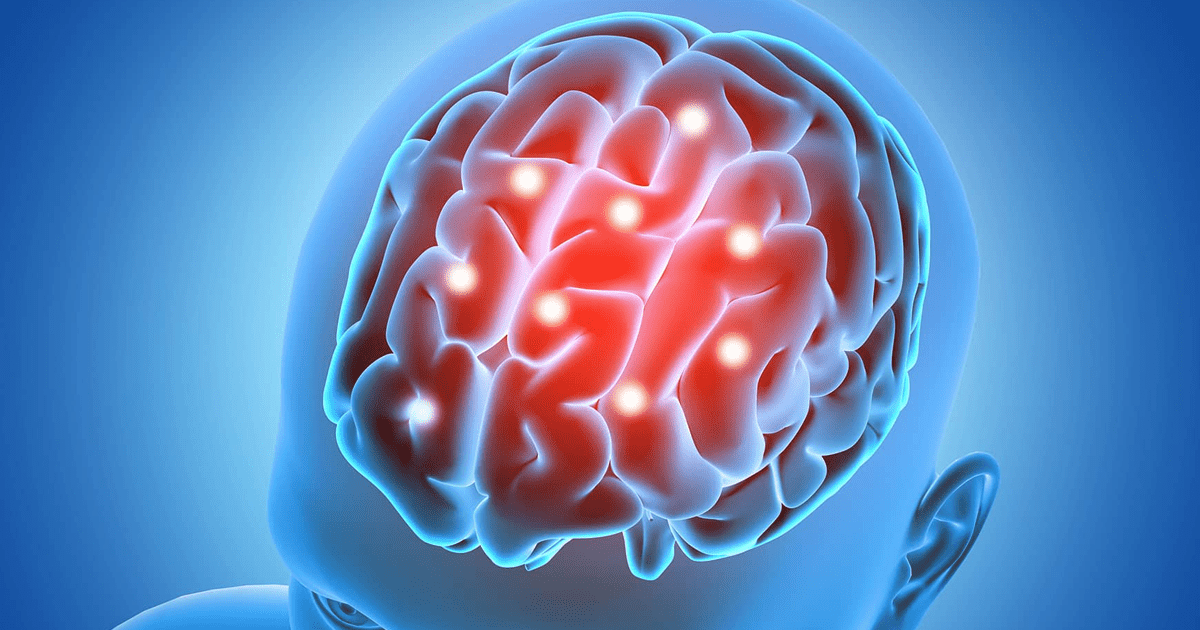The study was published by Human gene Therapy, a journal reviewed by Mary Ann Liebert
The research revealed advances in gene therapy for the treatment of chronic traumatic encephalopathy (CTE), was conducted by researchers from the Department of Genetic Medicine at Weill Cornell Medical College in New York. The study demonstrated efficacy in direct administration of gene therapy in the brain through tests performed on mice.

Currently there are no specific treatments for CTE, a disorder generated by repeated traumas in the central nervous system, recurrent in soldiers and athletes, especially in football players. Inflammation results in the accumulation of hyperphosphoriailated forms of the Tau protein (pTau).
The researchers took on the task of developing an adeno-a partnered virus vector, for the administration of the anti-pTau antibody, and the results showed that, with direct administration of this treatment in the hippocampus of mice with brain injury, a significant reduction in pTau levels was achieved in their central nervous system.
“CTE is much more prevalent than was initially realized, and there is currently no therapy available,” says Editor-in-Chief Terence R. Flotte, MD, Celia and Isaac Haidak Professor of Medical Education and Dean, Provost, and Executive Deputy Chancellor, University of Massachusetts Medical School, Worcester, MA. “This new work from the Crystal laboratory is potentially ground-breaking as a means to remove the offending Tau phoshoprotein.”





